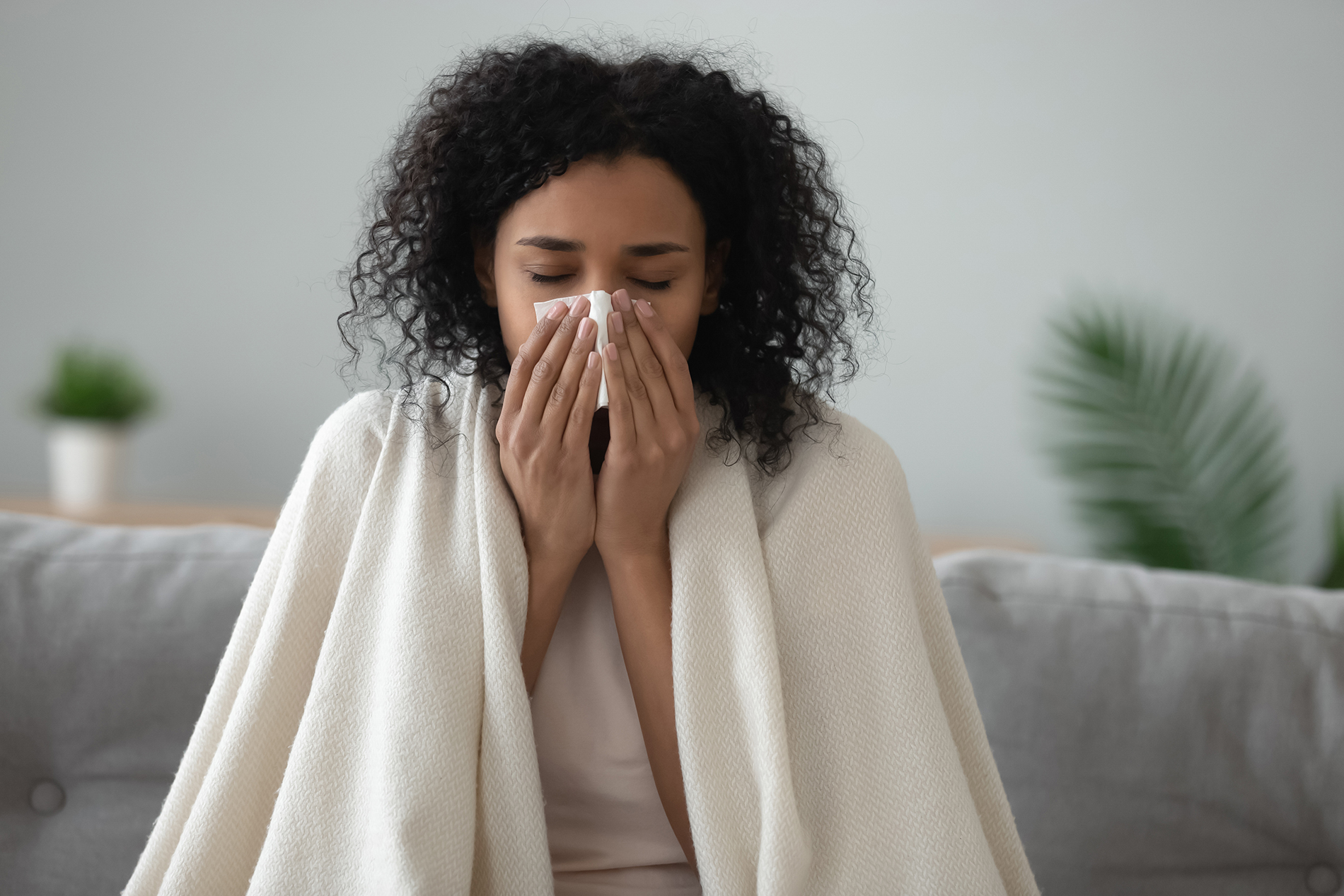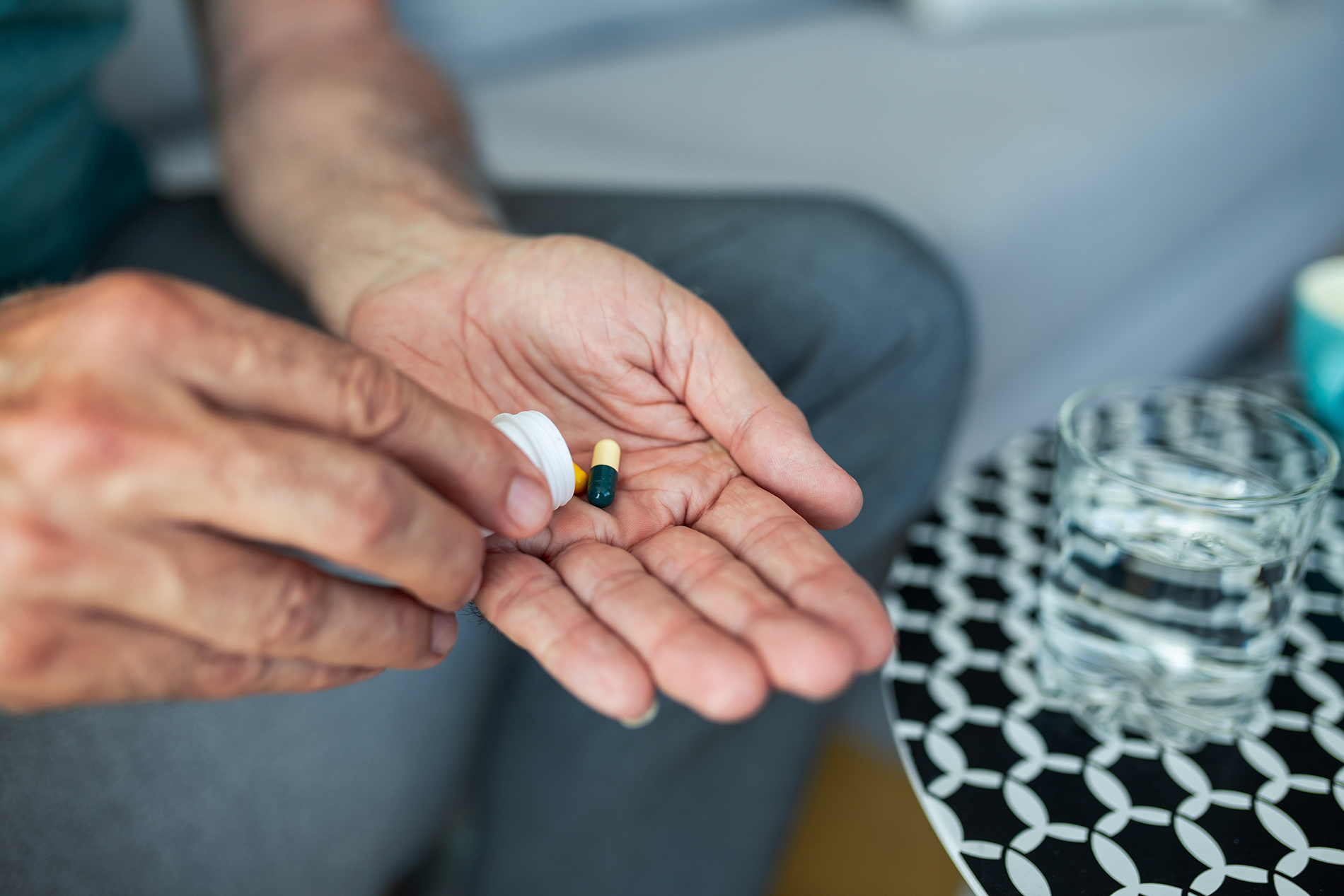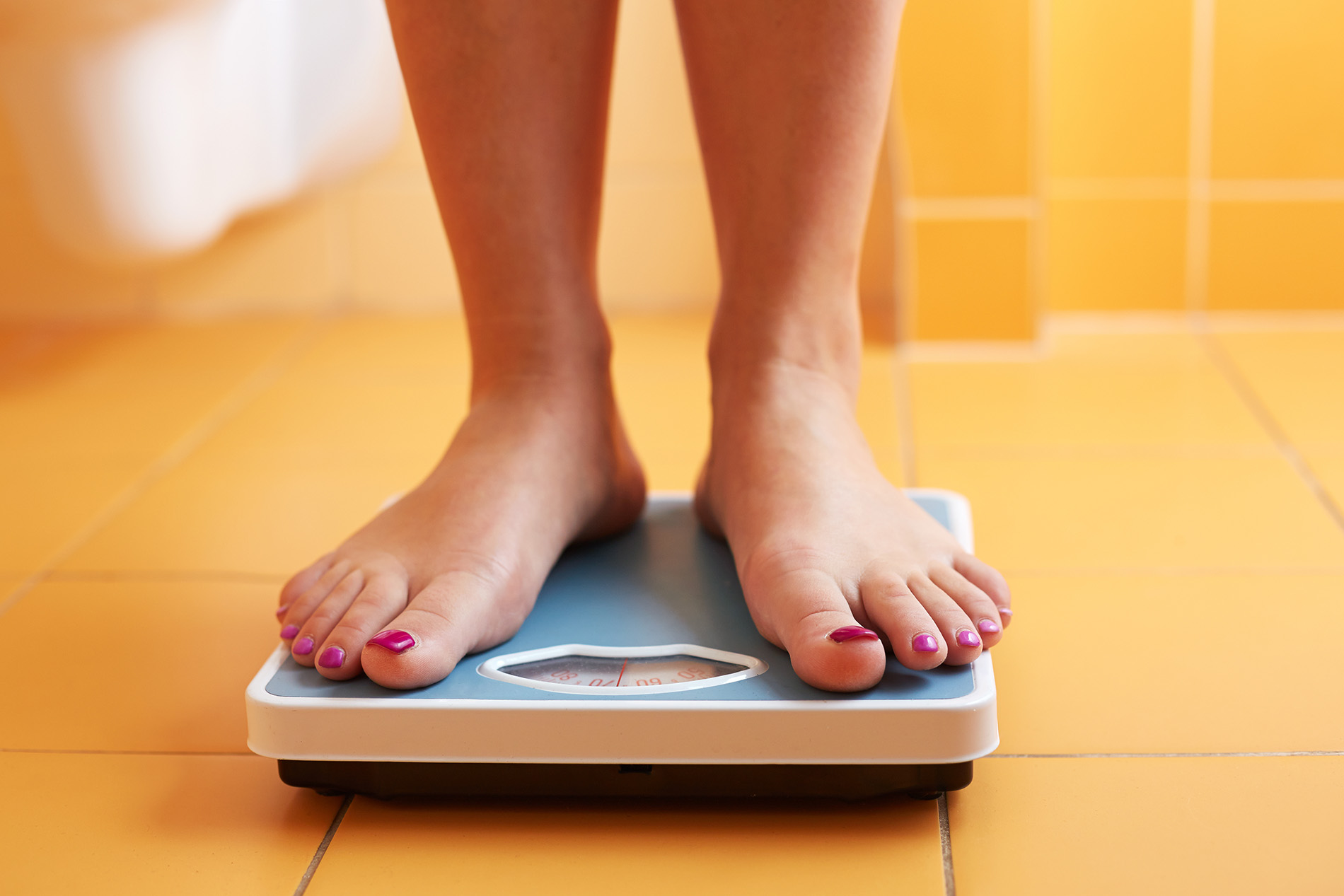It’s important to have a plan in place to protect your health and well-being during a hurricane. We gathered the best advice from doctors to keep you safe during the storm if you lose power or water, get hurt, are sick, or evacuate. Here are some of their top tips.
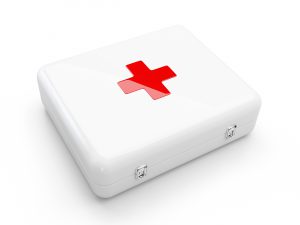
~Organize a first-aid kit with bandages, gauze, antibiotic ointment and over-the-counter pain medication. If you take prescription medicine, be sure you have enough to last more than a week. If you don’t, ask your doctor or pharmacy for an emergency storm supply.
~Set aside at least one gallon of water per person per day. Prepare a three to five day supply of non-perishable foods.
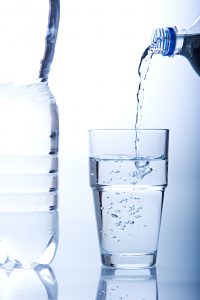
~Sometimes, medicine needs to be refrigerated. You can use a cooler with ice or a sealed ice box. If you require special equipment such as an insulin pump, oxygen machine or sleep apnea machine, make sure you have enough extra batteries or a backup power supply.
~In your emergency kit, keep a copy of important health records, health care directives and living wills. Have a list of all of your medicines, how often they’re taken, your doctors’ names and contact information, and the name and location of your pharmacy.
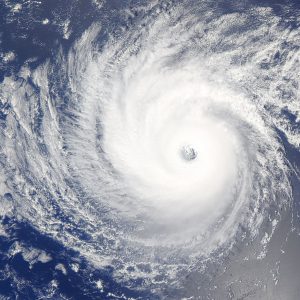
~Have a supply of hand sanitizer and cleaning wipes such as baby wipes in case you don’t have access to a shower.
~Try to avoid walking in floodwater. It can contain raw sewage, bacteria, parasites and viruses. You can’t see what’s under the water, leading to cuts and wounds – which can become infected. Hand sanitizer can help clean a wound if you don’t have clean water.
Sources: Centers for Disease Control and Prevention, Lexington Medical Center, The Mayo Clinic.

